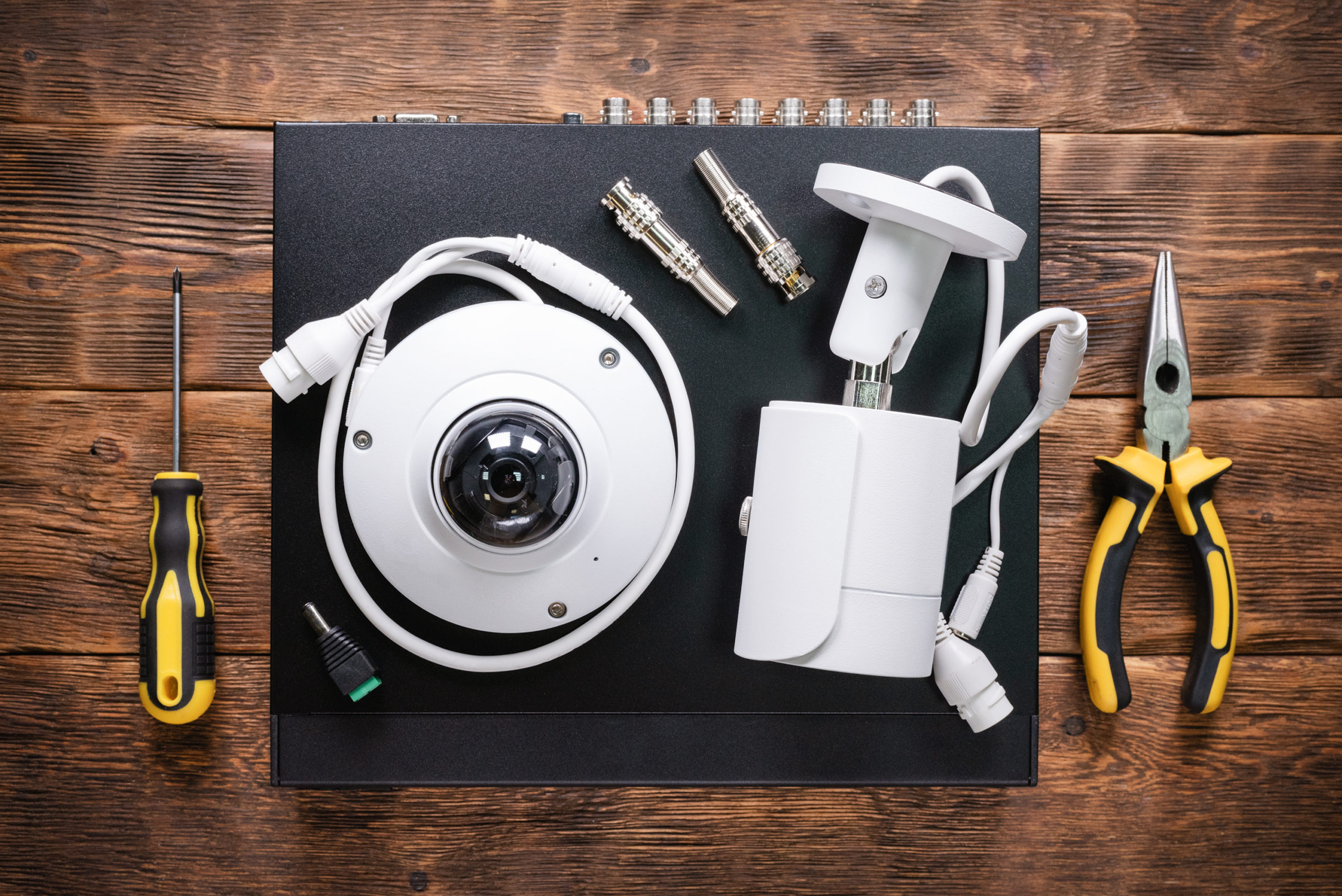As security technology advances, more businesses, public spaces, and residential areas are adopting constant surveillance. While remote monitoring and 24/7 cameras significantly reduce crime, many people ask an important question: How does constant surveillance affect human behavior and comfort?
Let’s explore the psychological side of modern security and whether people feel safe — or watched.
Balancing Safety and Privacy
One of the biggest concerns with continuous surveillance is the balance between feeling protected and feeling intruded upon.
When security systems are visible:
- Many people report feeling safer in monitored areas.
- Employees in well-secured businesses say they feel more protected, especially in industries with higher security risks.
However, too much surveillance — or poorly explained security policies — can make people feel uncomfortable, even in safe spaces.
The Comfort of Knowing Help is Available
Research shows that people often feel reassured when they know security systems are in place and monitored in real time.
Benefits of real-time remote monitoring:
- Creates a sense of safety in high-risk locations like parking garages or public transit hubs.
- Offers instant response to emergencies, increasing trust in the environment.
- Helps employees and customers focus on their tasks, knowing someone is watching over their safety.
When people understand that surveillance is designed to protect, not intrude, they are more likely to feel at ease.
Transparency Builds Trust
Companies that clearly communicate their security policies help people feel more comfortable under surveillance.
Key factors that improve acceptance:
- Explaining where cameras are located and why.
- Sharing how video footage is used and who has access to it.
- Setting boundaries, such as not monitoring private areas like bathrooms or changing rooms.
Transparency helps build trust between businesses and their employees or visitors.
Smart Surveillance: The Rise of AI-Powered Security
Modern security is shifting towards AI-powered remote monitoring that focuses on detecting threats, not people’s daily habits.
Advantages of AI-based surveillance:
- Reduces unnecessary human observation.
- Focuses on identifying real threats like trespassing, theft, or unusual behavior.
- Respects everyday routines while ensuring safety.
When surveillance is targeted, it reduces the “feeling of being watched” while maintaining high levels of protection.
Creating Safer, More Comfortable Spaces
At OHZ, we believe security should feel safe — not invasive.
We focus on:
- Real-time monitoring of critical areas
- Respecting privacy through targeted surveillance
- Transparent communication with all stakeholders
Our goal is to create secure environments where people feel protected, not controlled.
Final Thoughts
Constant surveillance can increase comfort if it’s managed with empathy, transparency, and respect for privacy. People generally accept — and even welcome — remote monitoring when they know it’s focused on safety, not control.
👉 Contact OHZ to learn how we provide security solutions that protect people without sacrificing their peace of mind.








